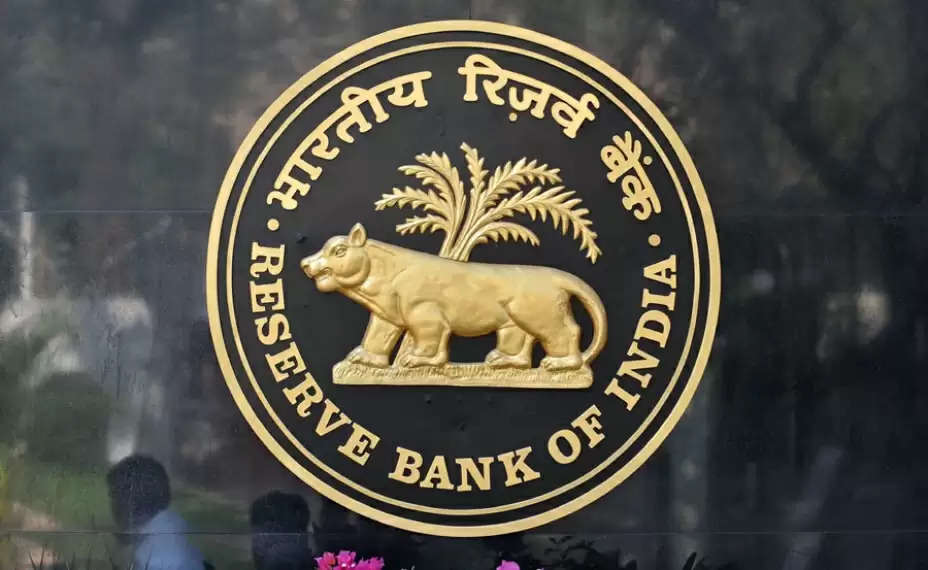Large Scale Privatisation Of Banks May Cause More Harm Than Good: RBI

Privatization of public sector banks on a large scale may cause more harm than good. In an article, the Reserve Bank of India (RBI) cautioned the government to proceed with caution in this matter. According to an article published in the RBI Bulletin titled 'Privatization of Public Sector Banks: An Alternative Approach,' private sector banks (PVBs) are more efficient at maximising profits, while public sector banks perform better at promoting financial inclusion.
According to the article, "privatisation is not a new concept, and its benefits and drawbacks are well known to all." Privatization has traditionally been viewed as the key solution to all problems, but economic research has revealed that it requires a cautious approach to pursue. According to the article, the government's gradual move toward privatisation can ensure that there is no "zero" situation in meeting the social goal of financial inclusion and monetary transmission.
Researchers say that "large-scale privatisation of public sector banks may cause more harm than good." Two banks have already been announced for privatisation by the government. As a result, a gradual shift toward privatisation can ensure that there is no 'zero' in meeting the social goal of financial inclusion and reaping the benefits of monetary policy.
According to the article, state banks have played an important role in catalysing financial investment in carbon-reducing industries. Green change has thus been encouraged by countries such as Brazil, China, Germany, Japan, and the European Union. He has stated that public sector banks are not solely motivated by profit maximisation and, unlike private sector banks, incorporate desirable financial inclusion goals into their objectives.
According to the article, public sector banks have gained market confidence in recent years. Despite criticism for having a weak balance sheet, the figures show that they have fared well in the face of the Covid-19 pandemic. The article also claims that the recent large-scale merger of public-sector banks has strengthened this sector. As a result, banks are strong and competitive.
As a result, the researchers believe that, rather than large-scale mergers, the government's proposed gradual approach will produce better results. Significantly, the government merged ten nationalised banks into four large banks in 2020. With this, the number of public sector banks has decreased from 27 in 2017 to 12.
While presenting the Public Sector Undertaking (PSE) policy in the Budget 2021-22, Finance Minister Nirmala Sitharaman stated that government companies in all sectors except four strategic sectors will be disinvested. This policy will lay out a detailed plan for disinvestment in both strategic and non-strategic sectors. He had stated that the next fiscal year would see the disinvestment of IDBI Bank, BPCL, Shipping Corporation, Neelachal Ispat Nigam Limited, and other companies.
Aside from that, legislative changes for the LIC's IPO will be introduced in the financial year 2021-22. The LIC IPO is scheduled to take place in early May 2022.
